Exploring the Possibilities!
The purpose of the blog is to provide additional support to educators as well as parents and community members who wish to create schools which will provide children with the experiences needed to flourish!
Anne Shaw, Director, 21st Century Schools
Anne Shaw, Director, 21st Century Schools
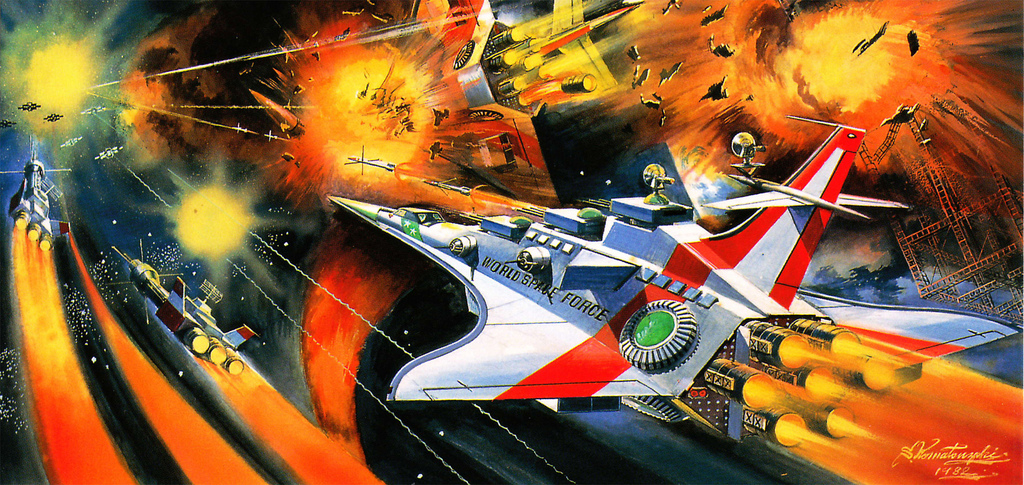
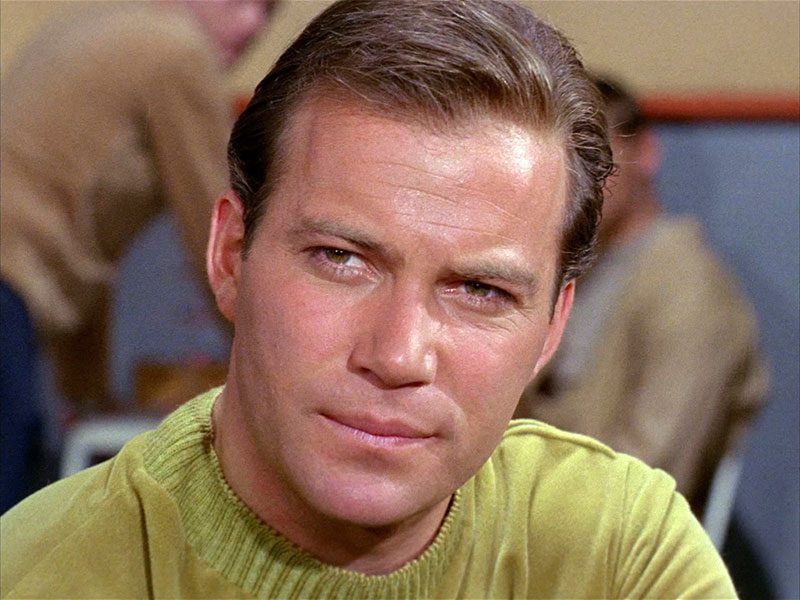
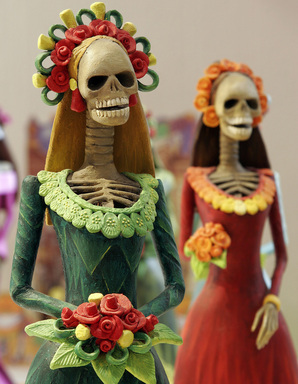
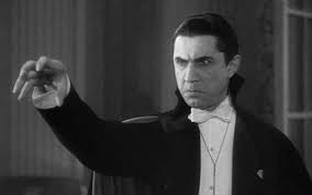
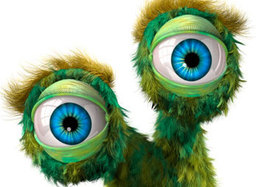
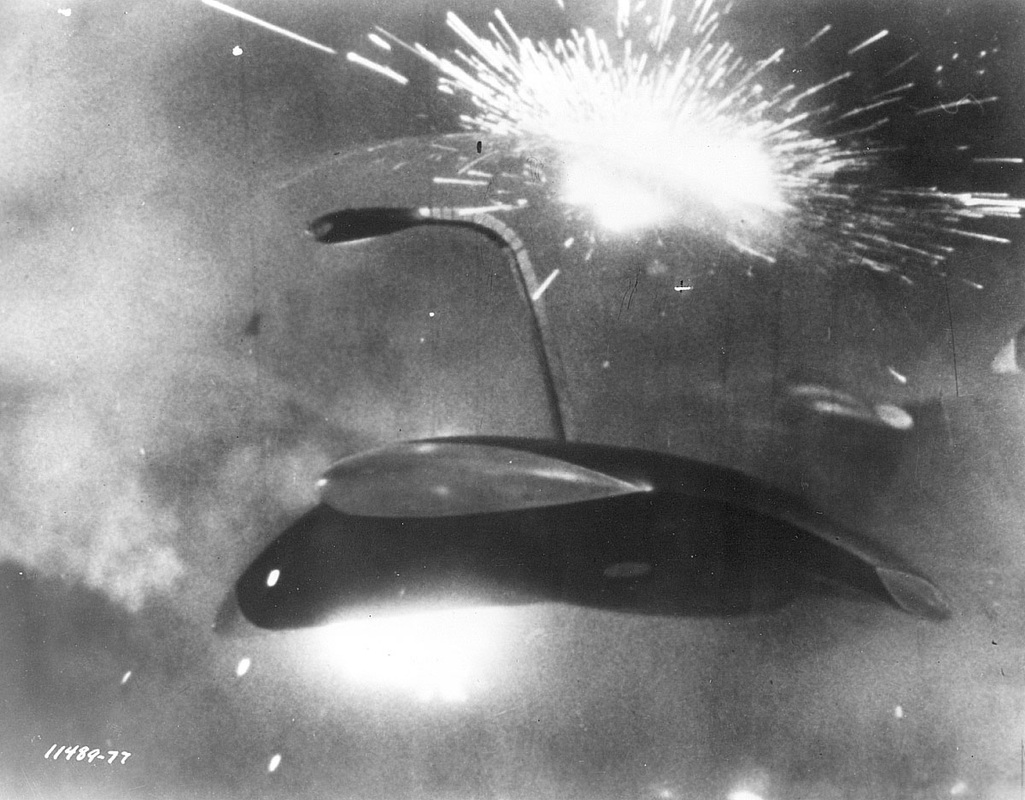
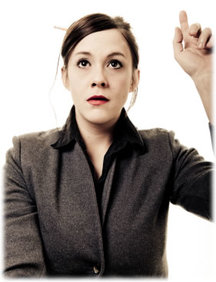
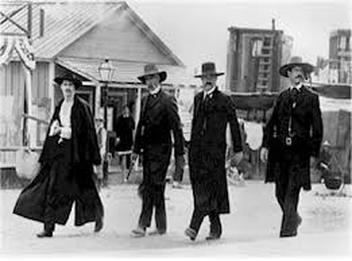
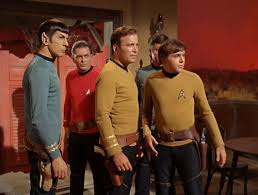
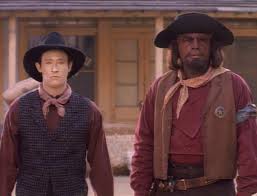
 RSS Feed
RSS Feed
